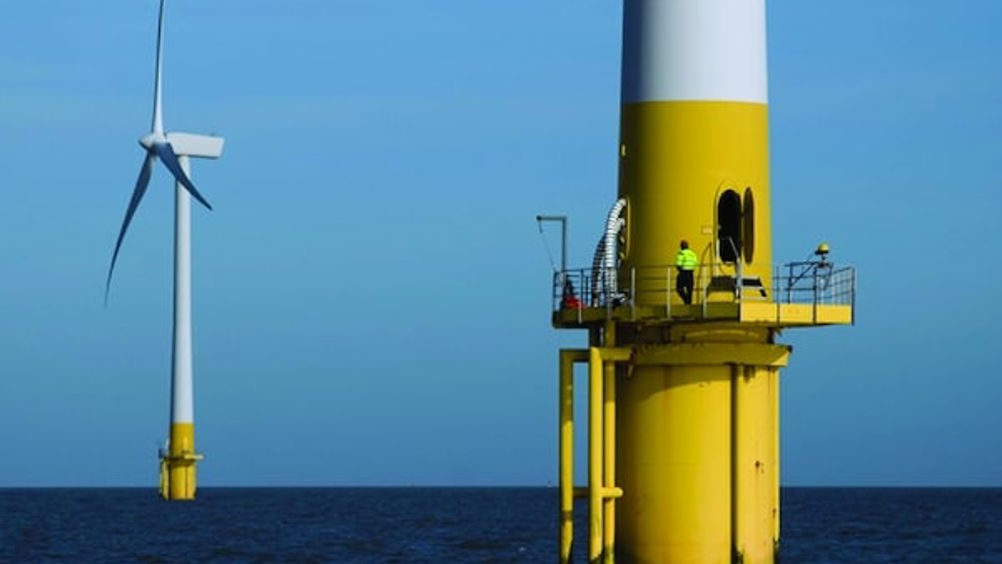Buckyball insulation additive reduces electricity transmission losses
Future power grids could be made far more efficient by adding nanometre-sized carbon balls to the insulation plastic used in high-voltage alternating current cables.

Researchers at Sweden’s Chalmers University of Technology have discovered that adding these carbon balls – or fullerenes - provide protection against breakdown of the insulation plastic caused by leaking electrons.
They can handle a 26 per cent higher voltage, meaning less power is lost when transporting electricity from remote generation locations such as offshore wind farms to the consumer. Currently, the voltage in the cables has to be limited to prevent the insulation layer from getting damaged.
Chalmers researcher Christian Müller told The Engineer that insulation plastics break down because high-energy electrons - accelerated in a high electric field that scales with the applied voltage - collide with polyethylene chains, which leads to bond breakage. Fullerenes have a very high electron affinity and absorb these high-energy electrons before they can do any damage, hence the breakdown voltage is increased.
‘Reducing energy losses during electric power transmission is one of the most important factors for the energy systems of the future,’ said Müller. ‘Being able to increase the voltage to this extent would result in enormous efficiency gains in power transmission all over the world. A major issue in the industry is how transmission efficiency can be improved without making the power cables thicker, since they are already very heavy and difficult to handle. The cost of C60 is currently about €15 per gram. But this will come down substantially with increasing demand.’
Register now to continue reading
Thanks for visiting The Engineer. You’ve now reached your monthly limit of news stories. Register for free to unlock unlimited access to all of our news coverage, as well as premium content including opinion, in-depth features and special reports.
Benefits of registering
-
In-depth insights and coverage of key emerging trends
-
Unrestricted access to special reports throughout the year
-
Daily technology news delivered straight to your inbox










UK Enters ‘Golden Age of Nuclear’
The delay (nearly 8 years) in getting approval for the Rolls-Royce SMR is most worrying. Signifies a torpid and expensive system that is quite onerous...